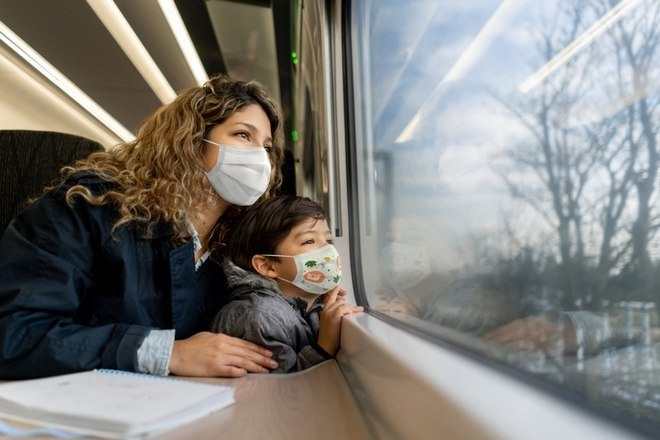
Urban Indians have an appetite for travel but health & safety risks play the biggest barrier
YouGov’s new report throws light on the travel plans, considerations, and motivations of consumers from 25 markets globally
Nearly half of urban Indians (46%) intend to travel domestically for leisure in the next 12 months but worry about the health risks, YouGov’s “International Travel & Tourism Report 2021” reveals.
Using YouGov Global Travel Profiles, the report looks at global travel demand, concerns and motivations of approximately 185,000 survey respondents from 25 markets globally.
Data from Global Travel Profiles across the 25 countries where it is live found that about half of people plan to travel for a domestic holiday in the next 12 months, as of May 2021.
Among urban Indians, intent to travel domestically for leisure has fallen since March, at the onset of the deadly second wave of Coronavirus in India, and further declined in April with the enforcement of subsequent lockdowns and state-wise restrictions to curb the spread of the virus. Demand for international travel remained consistent, albeit lower than domestic trips.
While India continued to battle the second-wave of Covid whilst preparing for a possible third-wave, the progression of vaccine programmes in other parts of the world uplifted the underlying demand for travel.
In May 2021, domestic travel sentiment was the highest in European markets such as Italy, Spain, France and Denmark, as well as Asian countries like Indonesia and Thailand.
On the other hand, appetite for international holidays appears lower than domestic trips, and less than a fifth of consumers (18%) globally are planning an international vacation in the next 12 months. The United Arab Emirates and Kingdom of Saudi Arabia stand out as exceptions, with respondents planning to travel substantially more than consumers in other countries.
When it comes to business travel, consumer sentiment data points to a slow demand compared to leisure travel. Respondents in the APAC (14%) and MEA (18%) regions are more likely to travel for business, both domestically and internationally, than consumers in Europe (6%) and North America (11%).
When asked about the major factors preventing people from travelling, health risks emerged as the primary barrier to travel among global respondents, followed by travel restrictions (48% and 35% respectively). Data points to increased sensitivities to price (32%) in most countries too.
Health risks is much of a concern in Asian countries, especially Malaysia (62%), Singapore (59%), Thailand (52%) and India (49%). While travel restrictions remain a primary obstacle for consumers in the European markets, namely the UK (62% said so in May), Germany (59%) and Norway (51%).
In India, health risks is the biggest barrier preventing people for travelling (as said by 49%), followed by safety concerns (47%). 36% of urban Indians see travel restrictions as a barrier and almost a third (29%) are concerned about the travel costs.
Speaking about the whitepaper, Eva Stewart, Global Sector Head of Travel & Tourism at YouGov, said, “As the world begins to reopen to tourism, YouGov’s “International Travel & Tourism Report 2021: The road back to normality” is a vital resource to industry insiders looking to understand traveller expectations in the current climate. It draws upon data from YouGov’s DestinationIndex and Global Travel Profiles tools which are designed to give an always-on view of people’s changing attitudes to travel.
"As we move into a post-COVID world, it is clear that many people are broadening their horizons and want to travel - both domestically or internationally. However, the picture is a nuanced one both between countries and within markets. It is crucial that the industry has a clear view of who is looking to travel and where they want to go so they can cater to these consumers as effectively as possible."
Read the full report here.